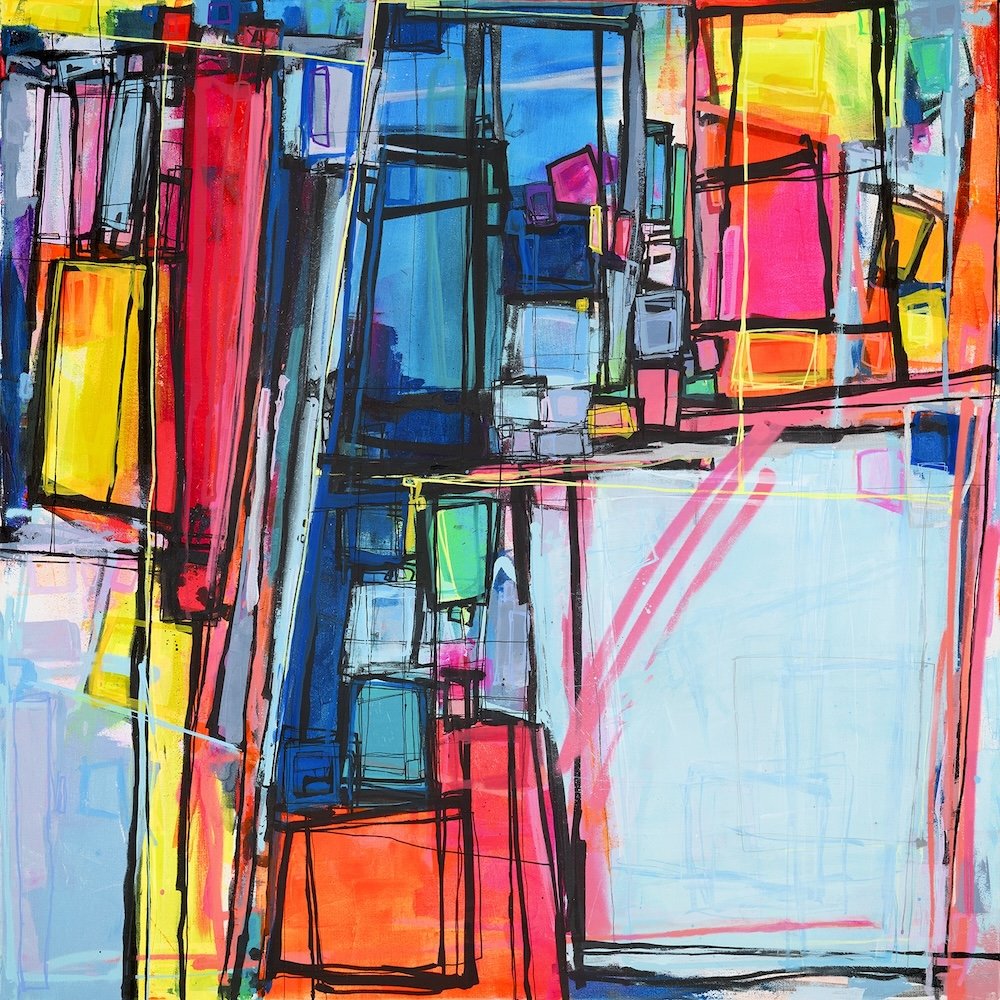FLOWS -SOUND, WATER and WEATHER
November 14 to 22, 2025
Photo @ Karin Jobst, OCEAN Transatlantic Seaway, 2012/2024
Group Exhibition “FLOWS - SOUND, WATER and WEATHER” @ MOM art space, Hamburg
Participating artists: Rebecca Beachy, Susan Goethel Campbell, Cordula Ditz, Free River Zone, Karin Jobst, Wesley Taylor, Richard von der Schulenburg, Sadie Woods, Ji Yang and others
A group exhibition featuring artists from Chicago, Detroit, and Hamburg explores how sound, water, and weather shape urban life. Through installations, performance, and documentary works, the show reflects on the past, present, and possible futures—where the elements are part of the urban ecology that shape identity and narratives.
Curated by Tricia Van Eck and Kerstin Niemann
Vernissage
November 14, 7 pm, with Moon Reading by Rebecca Beachy
Opening Times
15 + 16 November, 4-7 pm
20, 21, 22 November, 4-7 pm
MOM art space, Gängeviertel, Valentinskamp 34a, 20355 Hamburg, https://momartspace.com/
www.filterdetroit.org, @filter.hamburg / www.6018north.org, @6018 North














